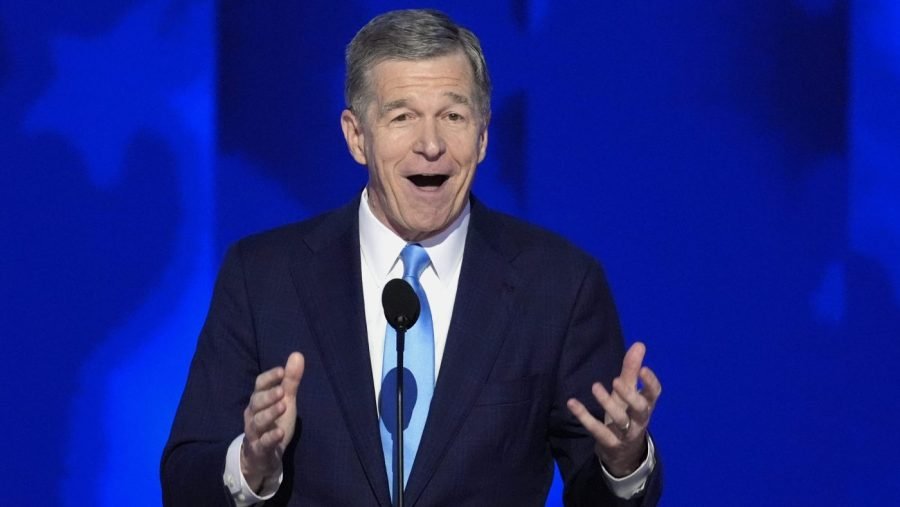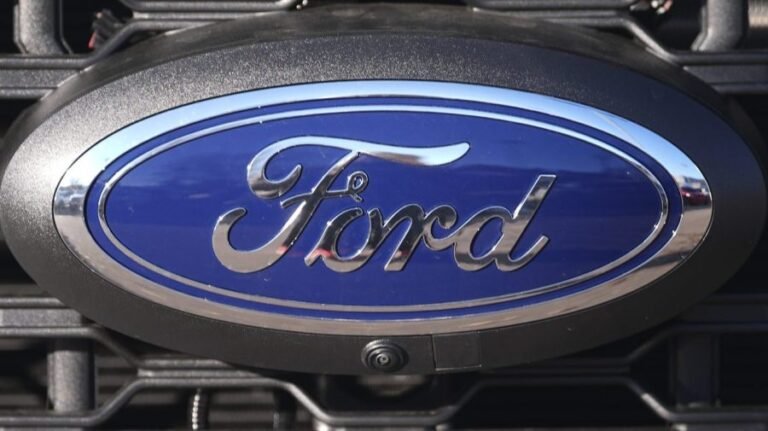
Democrats are hoping health care will be a winning issue across the 2026 midterm elections and see North Carolina as the top potential pickup opportunity in their long-shot play to regain control of the Senate.
They think Cooper’s record as governor — working with and pressuring the GOP-dominated Legislature across two terms until he could expand Medicaid — makes him the perfect messenger.
In his campaign launch video, Cooper previewed what will likely be a common line of attack. He accused Republicans of “ripping away our health care” and threatening Medicare and Social Security “just to give tax breaks to billionaires.”
In his first television interview after announcing his candidacy, Cooper made it clear he wants to focus on Medicaid and affordability.
“We expanded health care to more than 670,000 North Carolinians. We were able to put a plan in place that helps address the high cost of living for North Carolinians by eliminating $4 billion in medical debt for 2 million North Carolinians,” Cooper told Rachel Maddow.
“We knew we had accomplished something, getting health insurance to people who had never had it before. Now, Washington Republicans are going to strip it away. I think that is such a contrast in this race,” he added.
Health care looms over the race — likely between Cooper and Republican National Committee Chair Michael Whatley, who has President Trump’s endorsement — in part because incumbent Sen. Thom Tillis (R) is not running.
Tillis said he would retire rather than vote for Trump’s massive tax cut and spending legislation. He called the legislation “devastating” and was one of only three Republicans to vote against the bill after saying it would “betray the very promise” Trump made about not touching Medicaid.
The legislation is projected to push about 10 million low-income people off their health insurance over the next decade.
Health policy research group KFF estimates 520,000 North Carolinians will lose their health insurance because of proposed changes to Medicaid and ObamaCare exchange health plans, and if enhanced subsidies expire at the end of 2025.
Brad Woodhouse, a longtime Democratic strategist and president of the advocacy group Protect Our Care, said Cooper is going to spend the next year linking Whatley to the GOP Medicaid cuts.
“I don’t know what positions Michael Whatley is going to take. He’s a blank slate … but what he is tied to, it’s Trump. And these cuts are Trump’s, this health care disaster is Trump’s. Michael Whatley can’t separate himself from Trump,” Woodhouse said.
When he first ran for governor in 2016, Cooper said he wanted expand Medicaid and help low-income residents afford health care. But he faced strong opposition from the GOP-controlled Legislature.
Legislation finally passed in March 2023, spurred by a growing chorus of Republican support and the promise of more than $1.5 billion in additional federal money for the state.
Health care resonates with voters across the political spectrum, and Cooper is likely to tout his ability to work across the aisle, which experts said is something that helped him consistently win in North Carolina even when Trump was on the ticket.
“Cooper is going to focus on where he knows best, and he’s got the track record of six statewide elections under his belt to know how to best frame and message a campaign to North Carolinians,” said Michael Bitzer, a professor of politics and history at Catawba College.
“I think the argument that he will make is, ‘We worked together across political aisles to get Medicaid expanded, and now Washington Republicans are cutting just about the same number as we expanded,'” Bitzer said.
Yet in trying to tie Whatley to the “big, beautiful” law, Cooper is going to face the same issue as Democrats nationwide: Most of the cuts in the law are back-loaded and won’t take effect until well after the midterm elections.
“Clearly, he’s going to bring up [Medicaid]. The problem is people aren’t going to feel this until after the election takes place. So the trick for Cooper is going to be to remind people of how beneficial Medicaid expansion has been and get them to believe him about how bad it’s going to be,” said Chris Cooper, a Western Carolina University politics professor.
It’s not clear Republicans will want to engage the former governor on Medicaid directly, and Bitzer said they have their own list of attacks. Federal campaigns often center on much more partisan issues than statewide elections, and Republicans have already started attacking Cooper as a radical liberal.


